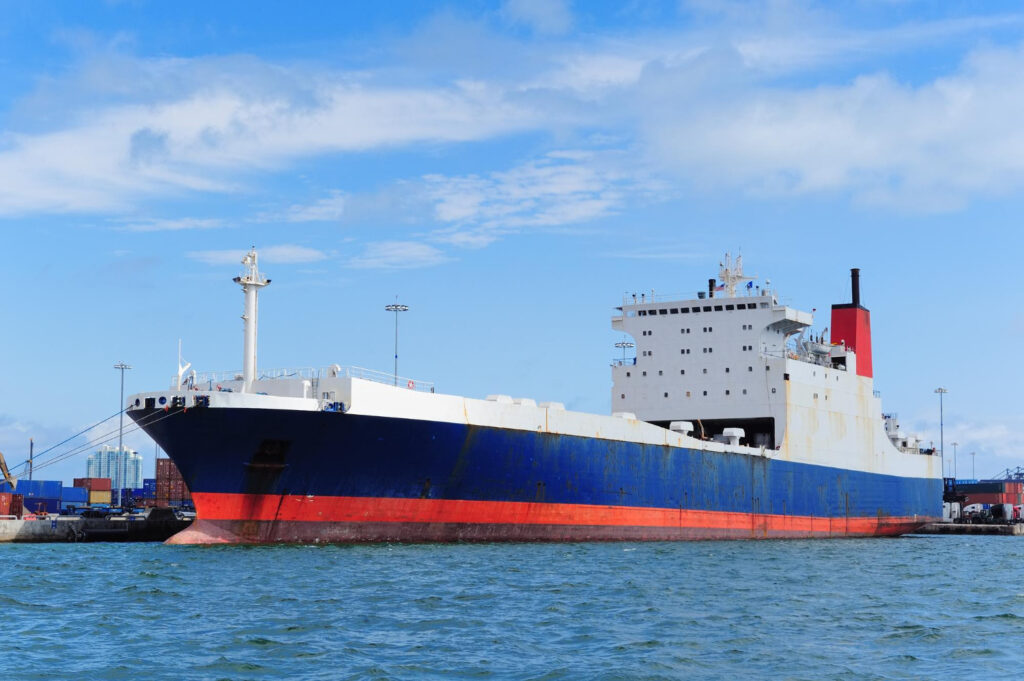These testing modifications are designed to be implemented at the upstream supply chain level to improve system efficiencies and cost-effectiveness compared to performing them for each delivery. Following the bunker contamination incident in Singapore in February 2022, in which approximately 200 ships were supplied with High Sulfur Fuel Oil (HSFO) containing high levels of Chlorinated Organic Compounds (COC) in the Port of Singapore, the MPA and Singapore Shipping Association (SSA) formed an Industry Expert Group (IEG) to strengthen the quality assurance of bunkers supplied in the Port of Singapore.

Taking into account the IEG’s suggestions and industry responses, the following testing changes (to be implemented upstream) would be necessary from June 1, 2024 (in addition to existing quality assurance measures):
Bunker providers must verify that all residual and bio-residual bunker marine fuel supplied at the Port of Singapore do not contain COC above 50mg/kg and are free of inorganic. COC levels must be checked using the EN 14077 approved test technique, with a total organic chlorine content of no more than 50mg/kg, and recorded in the “Certificate of Quality” issued to receiving vessels.
Inorganic acids must be tested using the ASTM D664 approved test technique as stipulated in ISO 8217, and the Strong Acid Number (SAN) (in addition to the Total Acid Number (TAN)) shall be stated in the COQ (i.e. SAN = 0) issued to receiving vessels;
All distillate and bio-distillate bunker marine fuel supplied in the Port of Singapore must be free of inorganic acids, which must be tested for using the ASTM D664 test method as prescribed in ISO 8217, and the SAN (in addition to the TAN) shall be reported in the COQ (i.e. SAN = 0) provided to Receiving.
Residual marine fuels should be free of polystyrene, polyethene, and polymethacrylates. To detect these polymers in general, the fuel can be evaluated using a process that includes filtering, microscopic examination, and Fourier-Transform Infrared spectroscopy (FTIR) analysis to qualitatively determine their presence.
Bunker buyers are also advised to meet with bunker suppliers ahead of time and enter into a formal contractual arrangement for the quality of fuel bunkered. MPA is collaborating with relevant agencies and stakeholders to improve polymer testing capabilities and develop standardized test methods for these polymers in Singapore.
For marine fuel blended with batches of different fuel or feedstock, the tests outlined in Para 4 must be performed after blending and before being delivered as bunkers in the Port of Singapore. Blending is not permitted on board MPA-licensed bunker boats, and the COQ of the fuel must be determined prior to loading into the bunker tanker before the cargo is delivered as bunkers in Singapore’s port.
